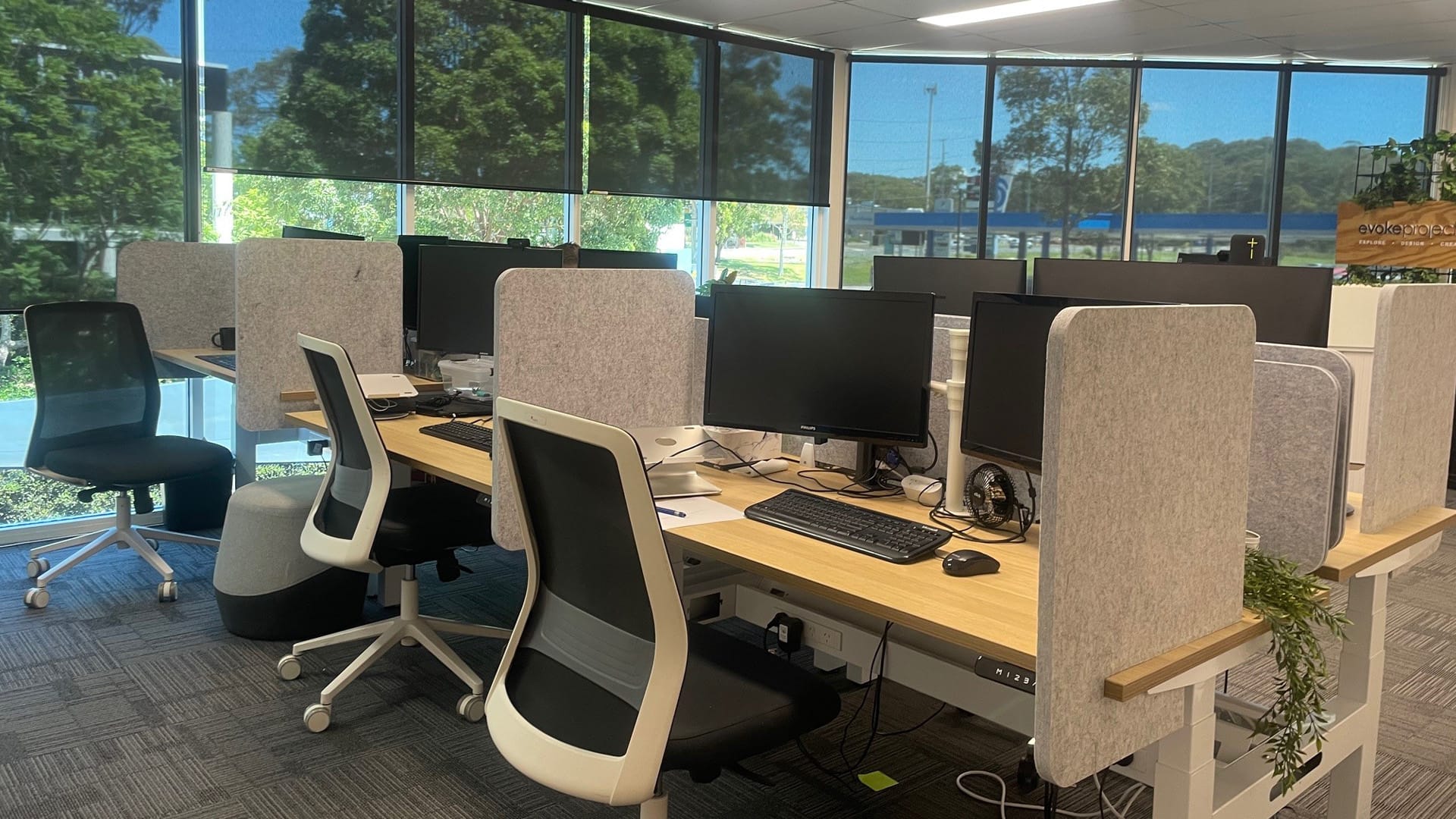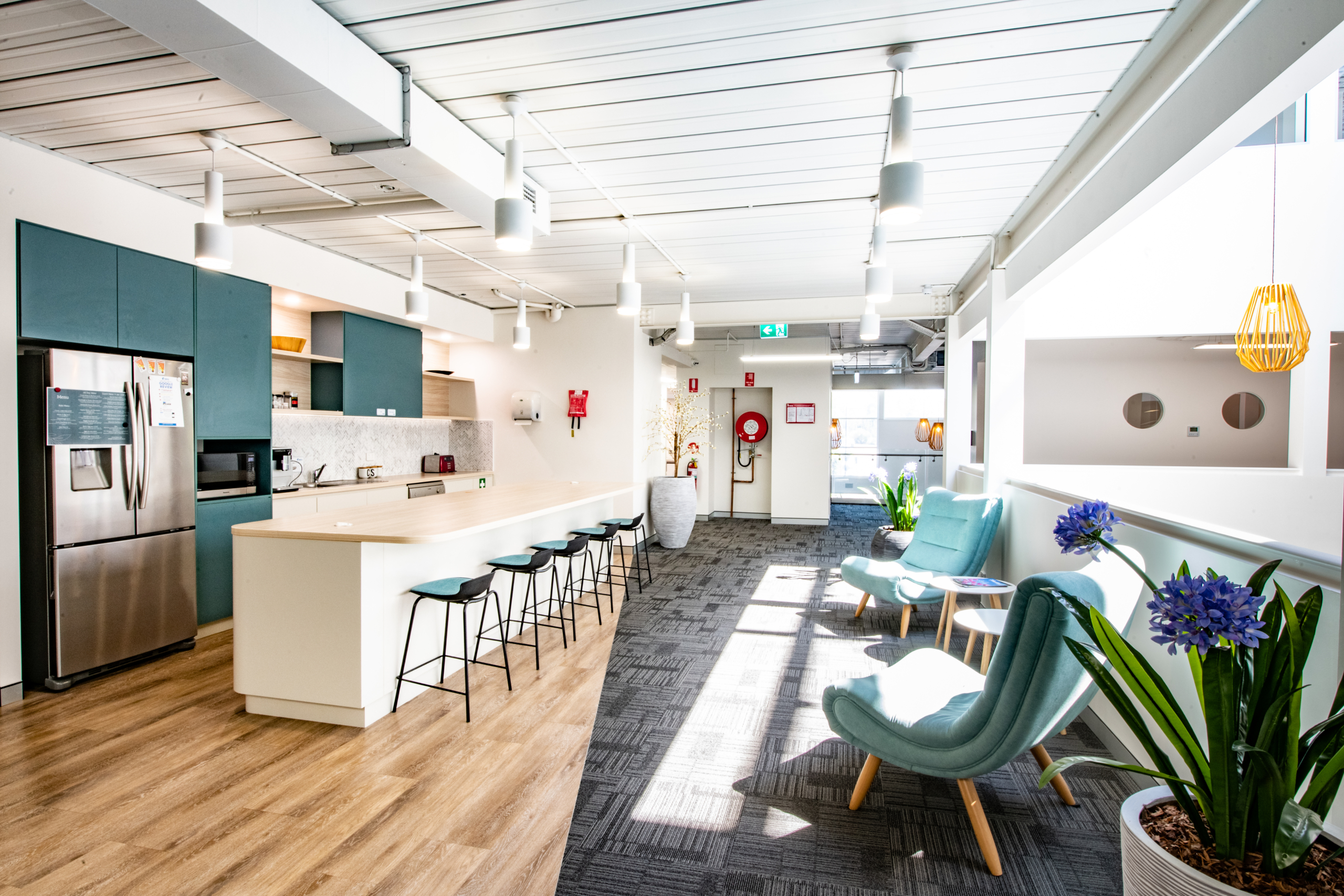New research suggests that flexible working hours can make a business outperform others. But it’s not without its risks.
It’s the age old argument in company culture politics: is working from home more productive than the traditional 9-5 office format?
We hear arguments for and against it all the time. Accusations of laziness are levelled against those who advocate for flexible or distance working hours, whilst others ridicule employees who engage in presenteeism. This is something that is commonly defined as working beyond prescribed office hours at an inefficient rate.
But who’s right? And more importantly, what method works best to ensure happy and objective smashing employees? AXA PPP have done some research to solve this particular riddle. Below are the results.
New legislation has opened up the dialogue on flexible working
The opportunity to ask employers for flexible working hours used to depend on if you had children, or had other caring responsibilities. The new law says this “right to apply” now extends to all employees who have been working for the company in question for more than 26 weeks.
But we have to remember that the flexi-hours dialogue is just that – a dialogue. Employees cannot demand the right to flexible hours, although they can put in a request for it. And the business has a right to reject the claim, but needs to state why.
Flexi-working can boost your business
Economics
Although the image of multiple workers bent over desks can give a business owner the feeling of company productivity, the research shows this isn’t necessarily true. At its most obvious, remote working can cut down on operational costs, including paying for desk-space.
Offering a flexible working situation also means employers can retain high value staff who might have otherwise left, especially if they have started a family. In a world where freelance roles are on the up, employers may also attract talented candidates who wouldn’t normally consider a full time role because of lifestyle restrictions.
Productivity
By allowing employees to proactively choose what hours they work, they are likely to produce work for employers whilst operating at their highest possible attainment levels. This, in turn, promotes employee wellbeing.
Flexible hours also means a company can operate outside of the conventional 9-5 remit, with early-risers taking on extra-early hours, and night-owls solidifying projects after most companies close. This is a win-win situation as the workforce will be operating at the best of their abilities – and will beat out other company competition.
Pros and cons
Whilst flexible hours can mean that potentially all employees are productive, it could produce problems when it comes to team-based coordination on daily tasks.
Furthermore, the removal of any sort of uniform working structure, including prescribed hours, may be dangerous for employees who are reliant on rules and structure. This could lead to a number of employees overworking in the office and at home, which could lead to burn-outs.
Burning out from a distance
Presenteeism isn’t just a physical concept, employees working from home may stretch their working hours far beyond what may be considered sufficient. Without employee visibility, no one will know they are doing it.
There are also obvious mental health benefits to meeting and communicating with others on a daily basis.
There is a risk that working remotely may stimulate depressive behaviour in employees, and especially for those prone to depression. There is also an efficacy risk, where some employees may fail to communicate as regularly with managers on tasks.
NexusHub is the new way to live and work on the Central Coast. We offer state-of-the-art workspaces, offices and meeting rooms at an affordable price. To find out more about how our spaces can help you collaborate, innovate, and network, explore our website or contact us for a discussion today!






